When you think of farm animals, intelligence might not be the first thing that comes to mind. But you may be surprised to learn that some of these barnyard companions are smarter than they look. Whether they’re solving problems, using tools, or even communicating with humans in surprising ways, these animals are not just mindlessly roaming the fields. Here, we’ll take a closer look at 14 farm animals that could give your dog a run for its money in the smarts department. So, the next time you visit a farm, you might find yourself seeing these animals in a whole new light.
1. Pigs
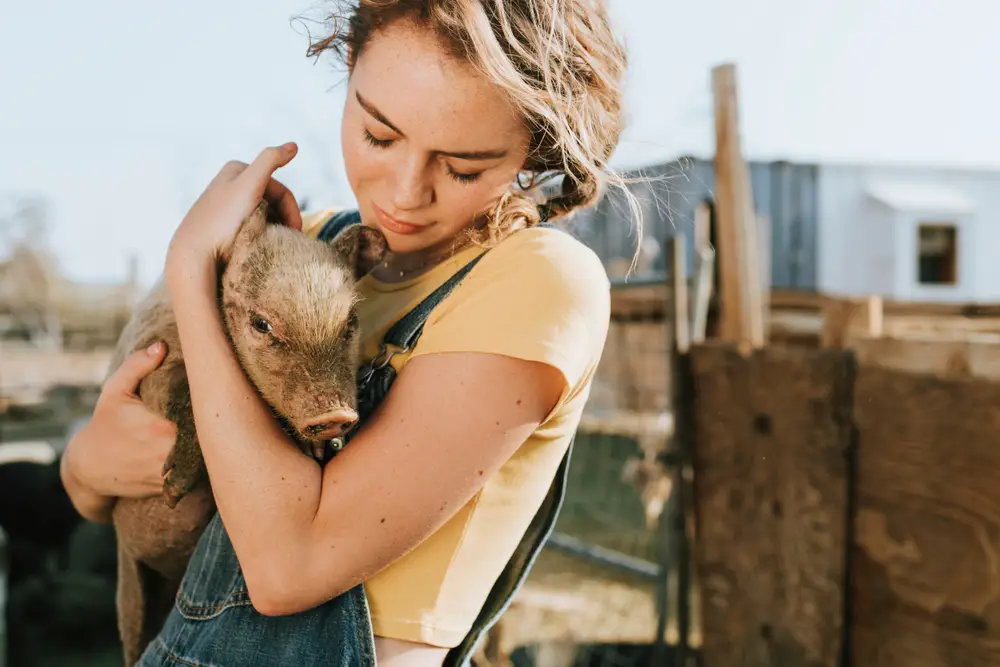
You may have heard the saying that pigs are as intelligent as dogs, and there’s a lot of truth to that. Pigs have been known to solve complex puzzles and remember tasks for extended periods. In fact, researchers like Professor Stanley Curtis from Pennsylvania State University have demonstrated that pigs can play simple video games with a joystick, showing levels of cognitive engagement similar to some primates. They’re also quite social creatures, forming tight-knit groups and using a range of vocalizations to communicate with each other. This intelligence helps them navigate their environments and adapt to changes in their surroundings.
Besides their cognitive skills, pigs have excellent memories, often outsmarting other animals in memory-based tasks. They can learn to respond to their names and can even understand simple commands. This adaptability and intelligence make them one of the most underestimated animals on the farm. They also exhibit empathy, being able to recognize the emotions of other pigs in their group. All of this adds up to a creature that is much more than just a source of bacon.
2. Chickens
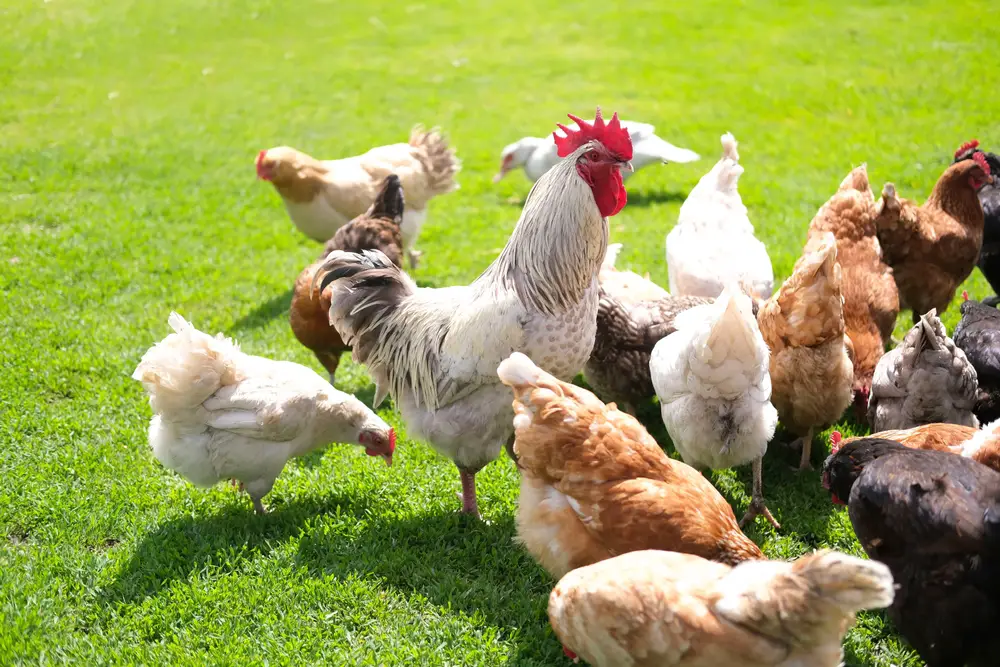
Chickens are often thought of as simple creatures, but they’re actually quite savvy. Studies have shown that chickens possess the ability to understand object permanence, which is the understanding that objects continue to exist even when they can’t be seen. This is a cognitive skill that even human infants take some time to develop. Chickens can also distinguish between more than 100 different faces of their species, as well as human faces. They have their own language, with over 30 different vocalizations that communicate danger, food, and other important information.
Moreover, chickens are social animals that establish complex social hierarchies known as pecking orders. They can show empathy for their fellow chickens, exhibiting stress when they see others in distress. This intelligence enables them to navigate social dynamics effectively and ensures the smooth functioning of the flock. Chickens can also be trained to perform simple tasks and tricks, similar to how you might train a dog. So, the next time you see a chicken aimlessly pecking the ground, remember that there’s a lot more going on in that little bird’s brain.
3. Cows
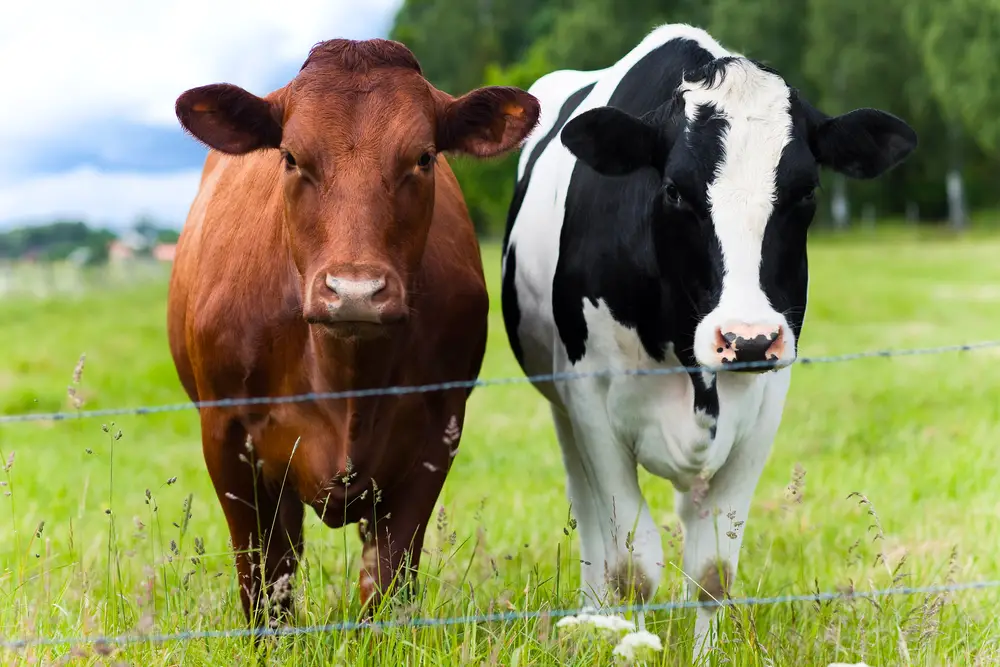
Cows are often dismissed as lumbering, slow creatures, but they are significantly more intelligent than they appear. Cognitive scientist Dr. Lori Marino notes that cows have excellent problem-solving skills and can even use tools. They can learn tasks quickly and remember them for long periods, which is a testament to their memory capabilities. Cows can read human emotions and have been observed to show signs of distress when separated from familiar humans or other cows. They also have a range of vocalizations that they use to communicate with each other, often adjusting the frequency and pitch depending on the situation.
In addition to their cognitive skills, cows form strong social bonds within their herds. They have been known to show deep affection for their companions and can become stressed when separated. This social intelligence allows them to navigate complex herd dynamics and maintain group cohesion. Cows also exhibit a sense of fairness and have been observed reacting negatively to unfair treatment. These traits make them much more than just sources of milk and meat.
4. Goats

Goats are known for their curious nature and impressive agility, but they’re also quite intelligent. They have been shown to solve complex problems and have excellent spatial awareness, often finding their way out of enclosures in ways that surprise their handlers. Goats can remember complex mazes and can find efficient pathways through them, suggesting strong spatial memory skills. They’re also capable of understanding cause-and-effect relationships, which is a sophisticated cognitive skill. This intelligence makes them adept at navigating various environments and finding food sources.
Socially, goats are fascinating creatures with strong personalities. They form tight-knit groups and exhibit a range of social behaviors, from playful headbutting to grooming each other. These social bonds are important for their well-being and group cohesion. Goats can also recognize and respond to human emotions, forming bonds with their caretakers. This makes them popular animals in petting zoos and farms, where their antics can be both entertaining and endearing.
5. Sheep
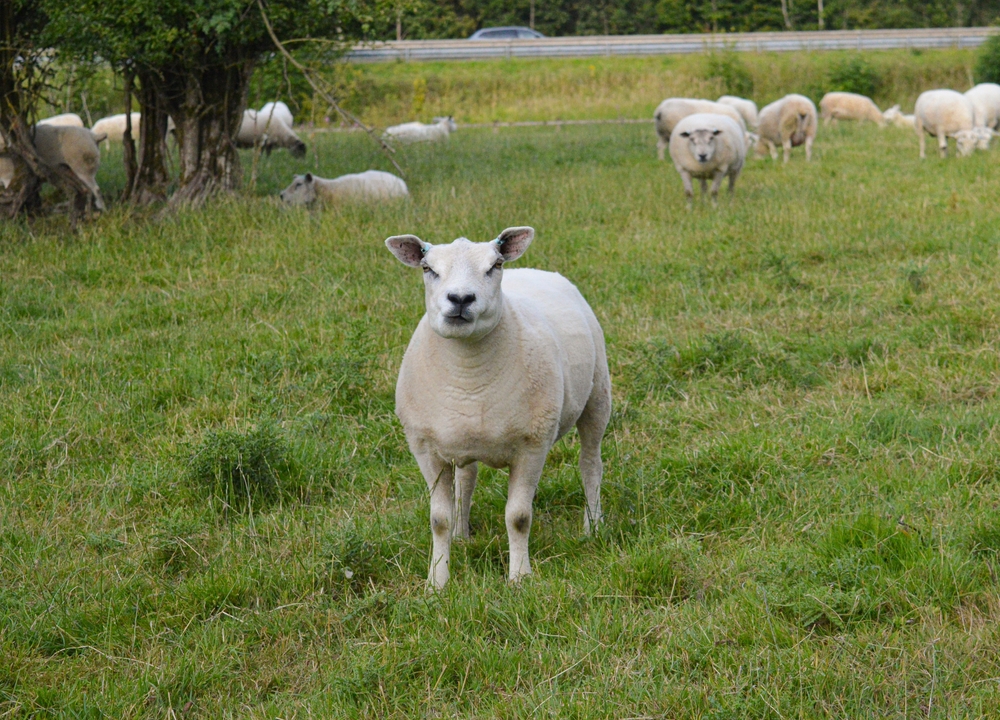
Sheep are often stereotyped as mindless followers, but they have surprising cognitive abilities. Research by Professor Jenny Morton at the University of Cambridge has shown that sheep have excellent facial recognition skills, capable of remembering up to 50 different faces for over two years. They can also navigate complex mazes and remember the best routes to food sources, showcasing their spatial memory. Despite their flock mentality, sheep are capable of independent thought and decision-making. This intelligence helps them in avoiding predators and finding food efficiently.
Sheep also have a range of vocalizations that they use to communicate with each other. They can differentiate between the calls of different individuals and respond accordingly. This social intelligence allows them to maintain group cohesion and ensure the safety of the flock. Sheep are also capable of experiencing a range of emotions, from fear to happiness, and have been observed showing empathy towards other sheep. These traits make them far more complex than they’re often given credit for.
6. Ducks
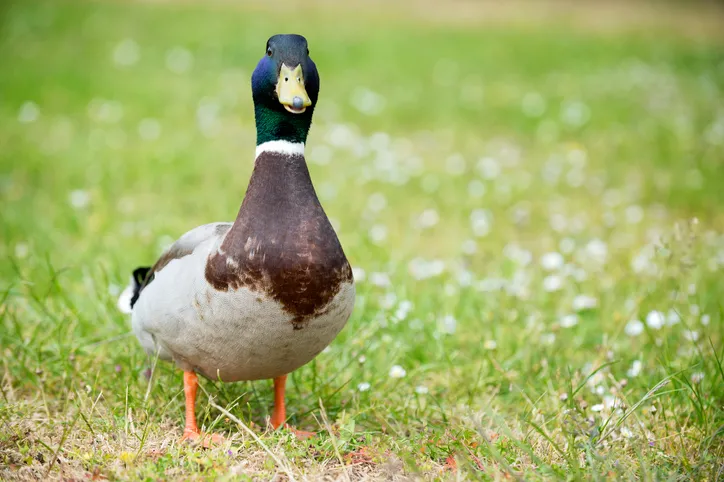
Ducks are more than just quacking creatures that waddle around ponds; they’re actually quite intelligent. They have complex communication systems and use a variety of vocalizations to express different needs and emotions. Ducks are also known for their problem-solving skills, often using tools to obtain food or navigate obstacles. They’re adept at learning new tasks and can remember solutions to problems for future use. This cognitive flexibility allows them to adapt to changing environments and challenges.
Socially, ducks form strong bonds with their flock members and can recognize individuals. They engage in cooperative behaviors, such as group nesting and coordinated swimming, which enhance their survival chances. Ducks have also been known to exhibit playful behavior, a sign of intelligence and social complexity. Their ability to navigate both water and land environments showcases their versatility and adaptability. So, next time you see a duck, remember that there’s a lot more going on beneath those feathers.
7. Horses
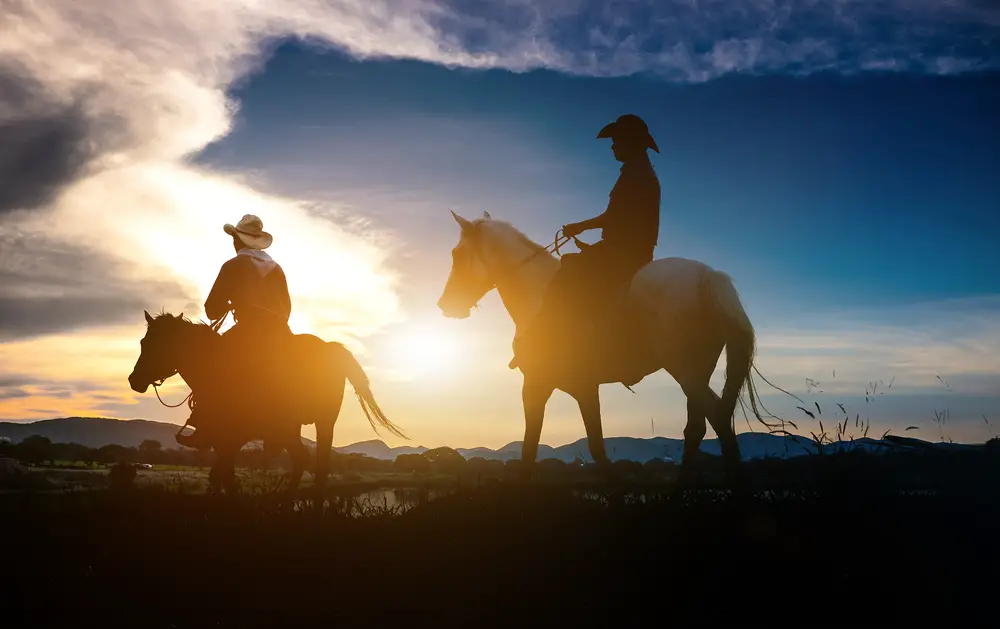
Horses have been human companions for centuries, and part of their appeal is their intelligence. According to horse trainer Monty Roberts, horses are highly perceptive animals that can read human body language and emotions. They have excellent problem-solving skills and can be trained to perform a variety of complex tasks. Horses also have strong memories, often remembering routes and commands for years. This cognitive ability makes them highly adaptable to different environments and tasks.
Beyond their cognitive skills, horses are deeply social creatures that form complex social structures known as herds. They use a range of vocalizations and body language cues to communicate with each other and maintain social bonds. Horses can also form strong attachments to humans, responding to their emotions and even providing emotional support. This emotional intelligence makes them valuable companions in therapeutic settings. All of these traits combine to make horses much more than just beasts of burden.
8. Donkeys
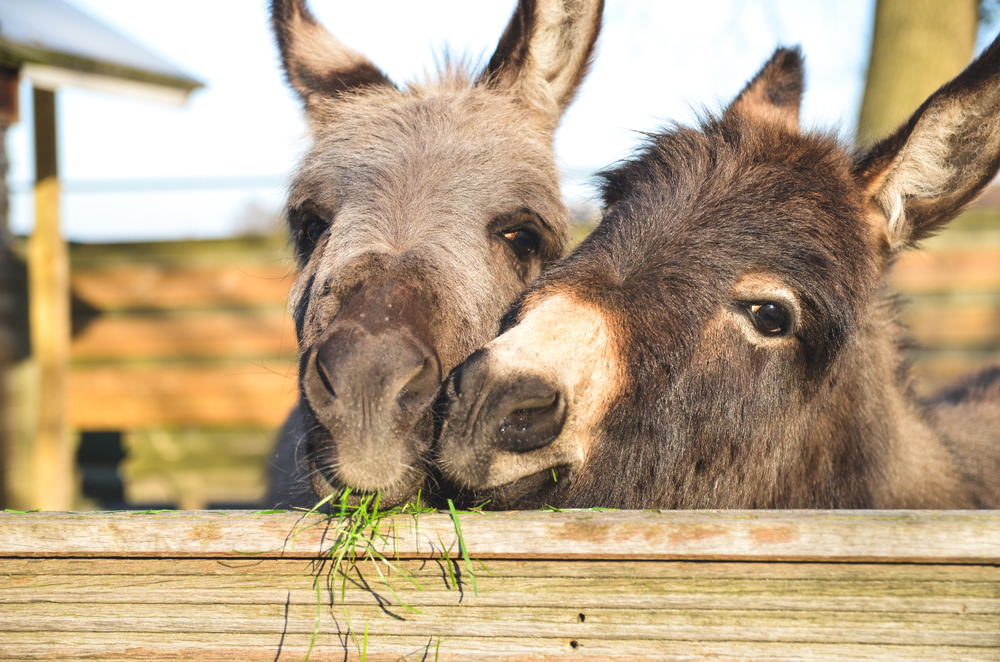
Donkeys often get a bad rap for being stubborn, but this is actually a sign of their intelligence. They are cautious animals that think through situations before acting, which is often misconstrued as stubbornness. Donkeys have excellent problem-solving skills and can figure out ways to reach food or escape enclosures. They also have a strong memory, often remembering routes and people for years. This intelligence helps them survive in harsh environments, where quick thinking is crucial.
Socially, donkeys are quite engaging, forming close bonds with other donkeys and even other species. They have a range of vocalizations and body language cues to communicate with their companions. Donkeys are also known for their protective nature, often guarding their herd from predators. This social intelligence makes them valuable animals on farms, where they can help manage and protect other livestock. Their thoughtful nature and loyalty make them more than just pack animals.
9. Turkeys
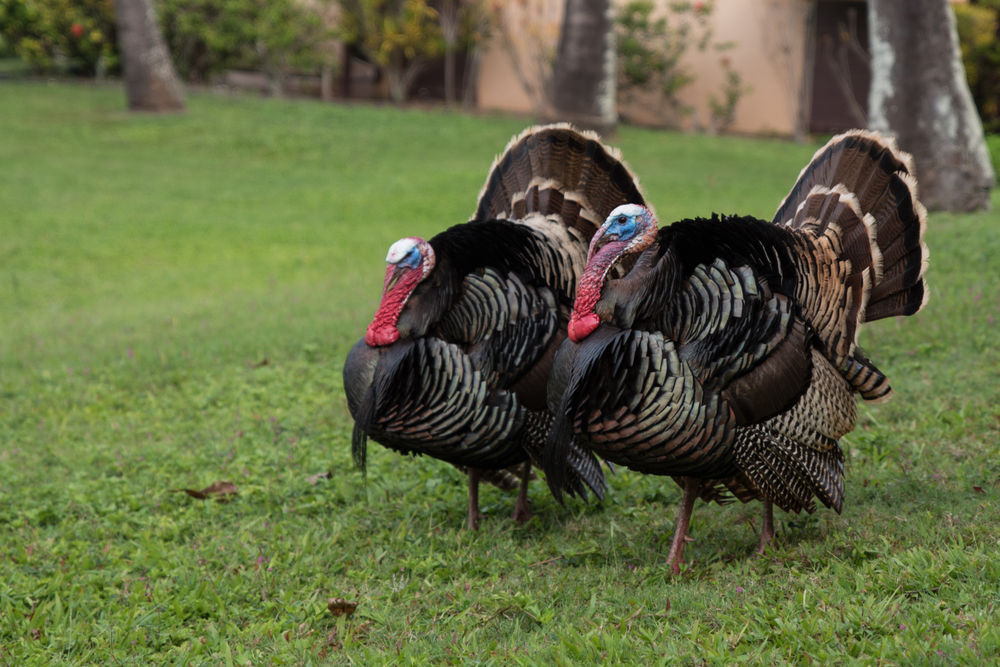
Turkeys are often associated with holiday meals, but they’re far more intelligent than you might expect. They have a wide range of vocalizations and can recognize different calls, which helps them communicate effectively within their flocks. Turkeys have also shown problem-solving abilities, often figuring out how to reach food or escape enclosures. Their cognitive skills include the ability to remember locations and navigate their environments efficiently. This intelligence helps them adapt to changing conditions and find resources.
Socially, turkeys form complex social structures and can recognize individual members of their flock. They engage in cooperative behaviors, such as group foraging and predator alert calls. Turkeys also exhibit playful behavior, which is a sign of social intelligence. They can even form bonds with humans, responding to their interactions and cues. These traits make them much more than just a main course at dinner.
10. Rabbits
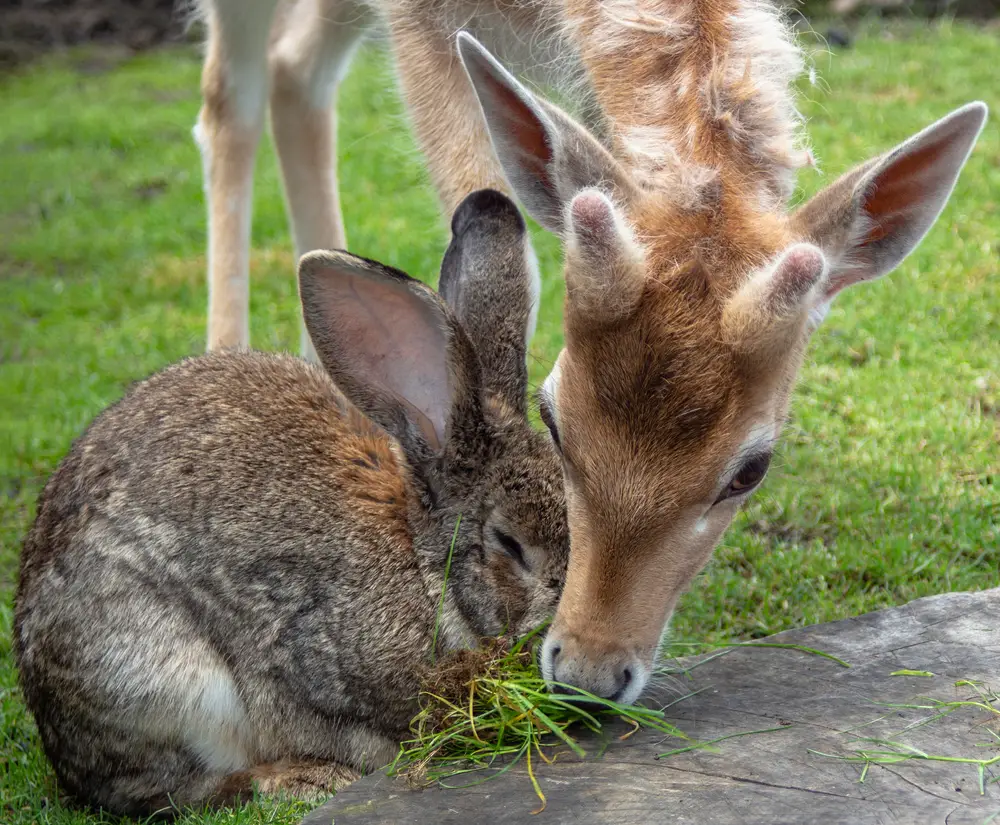
Rabbits are often seen as cute and cuddly, but they’re also quite intelligent. They have excellent problem-solving skills and can learn to navigate mazes and solve puzzles. Rabbits have a strong memory, often remembering routes and landmarks in their environment. This cognitive ability helps them find food and avoid predators in the wild. They’re also capable of learning tricks and commands, similar to how you might train a dog.
Socially, rabbits are complex creatures that form strong bonds with their companions. They use a variety of vocalizations and body language cues to communicate with each other. Rabbits also engage in social grooming, which helps strengthen their bonds. They are known to recognize their human caretakers and can form attachments to them. This social intelligence makes them engaging pets and fascinating animals to observe.
11. Geese
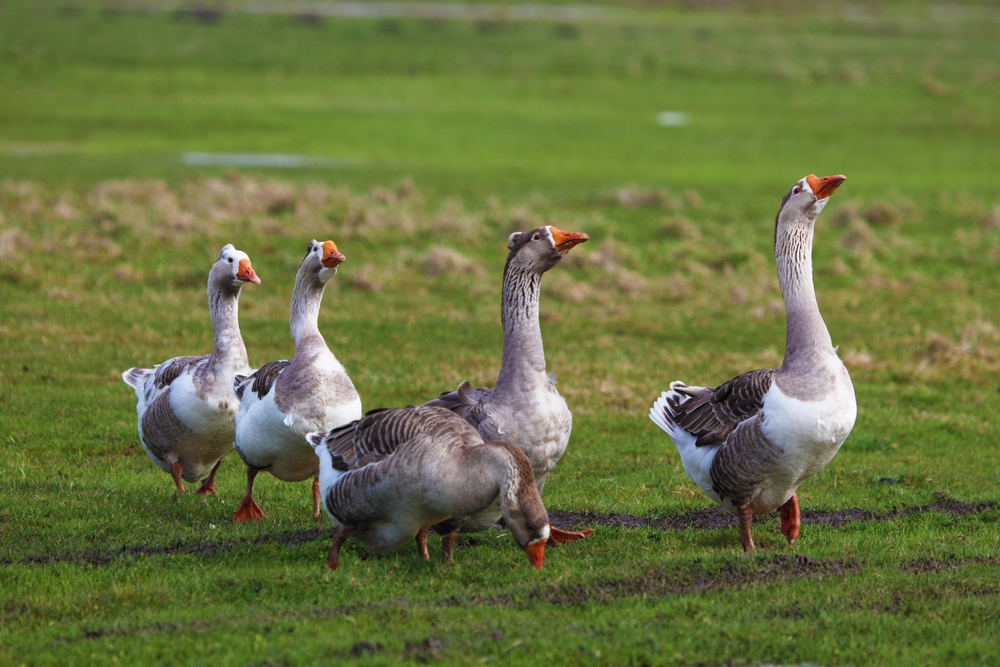
Geese are often considered aggressive, but this behavior is actually a sign of their intelligence. They have strong problem-solving skills and can navigate complex environments. Geese are also known for their strong memory, often remembering routes and individuals for years. This cognitive ability helps them migrate long distances and find their way back home. They can also be trained to follow commands and perform simple tasks.
Socially, geese are fascinating creatures that form lifelong bonds with their mates. They engage in cooperative behaviors, such as group foraging and predator alert calls. Geese are also known for their protective nature, often defending their flock from threats. This social intelligence helps them maintain strong group cohesion and survive in the wild. Their complex behaviors and strong bonds make them much more than just noisy birds.
12. Llamas
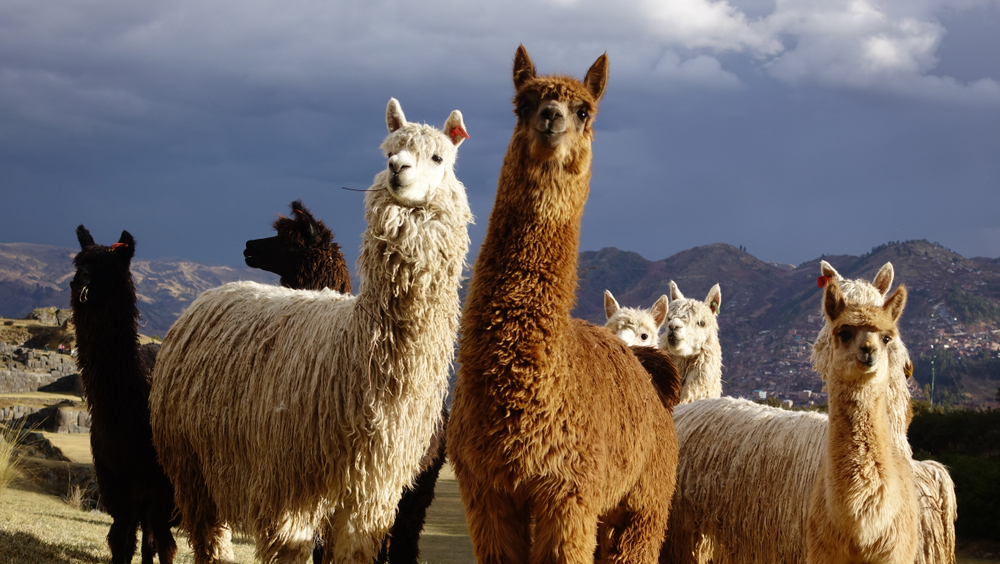
Llamas are often seen as quirky animals, but they’re also quite intelligent. They have strong problem-solving skills and can navigate complex environments. Llamas are also known for their excellent memory, often remembering routes and individuals for years. This cognitive ability helps them find food and avoid predators in the wild. They can also be trained to follow commands and perform simple tasks.
Socially, llamas are fascinating creatures that form strong bonds with their companions. They use a variety of vocalizations and body language cues to communicate with each other. Llamas also engage in social grooming, which helps strengthen their bonds. They are known to recognize their human caretakers and can form attachments to them. This social intelligence makes them engaging animals to observe.
13. Alpacas
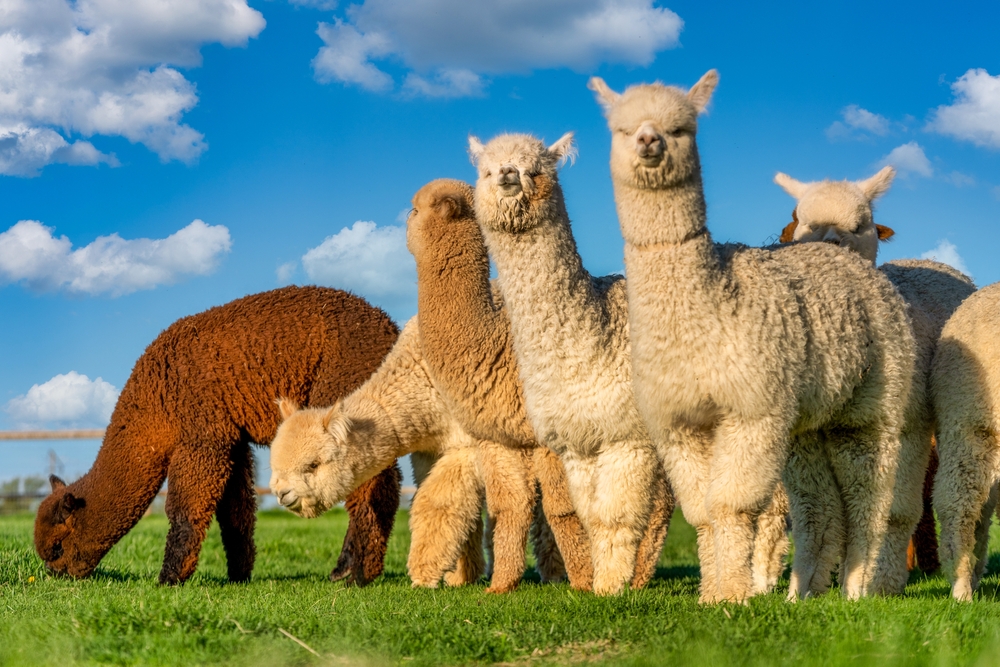
Alpacas are often confused with llamas, but they have their own unique intelligence. They have excellent problem-solving skills and can navigate complex environments. Alpacas are also known for their strong memory, often remembering routes and individuals for years. This cognitive ability helps them find food and avoid predators in the wild. They can also be trained to follow commands and perform simple tasks.
Socially, alpacas are fascinating creatures that form strong bonds with their companions. They use a variety of vocalizations and body language cues to communicate with each other. Alpacas also engage in social grooming, which helps strengthen their bonds. They are known to recognize their human caretakers and can form attachments to them. This social intelligence makes them engaging animals to observe.
14. Cats
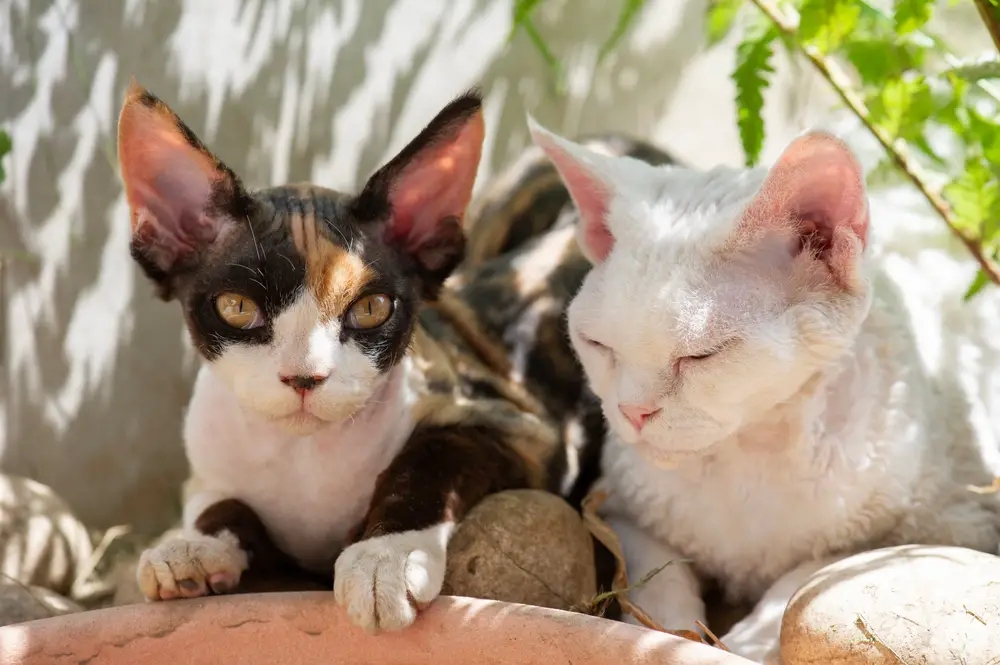
Cats are often considered aloof, but they’re actually quite intelligent. They have excellent problem-solving skills and can navigate complex environments. Cats are also known for their strong memory, often remembering routes and individuals for years. This cognitive ability helps them find food and avoid predators in the wild. They can also be trained to follow commands and perform simple tasks.
Socially, cats are fascinating creatures that form strong bonds with their companions. They use a variety of vocalizations and body language cues to communicate with each other. Cats also engage in social grooming, which helps strengthen their bonds. They are known to recognize their human caretakers and can form attachments to them. This social intelligence makes them engaging animals to observe.
